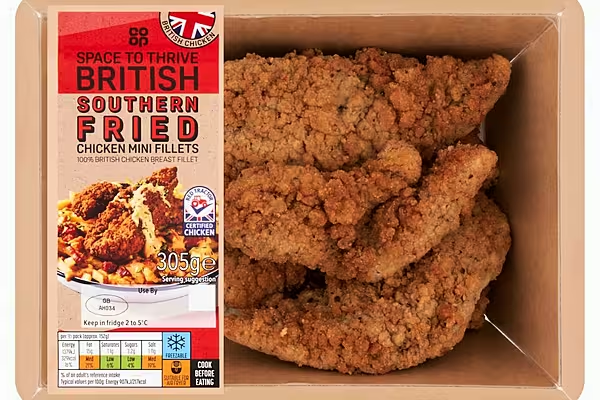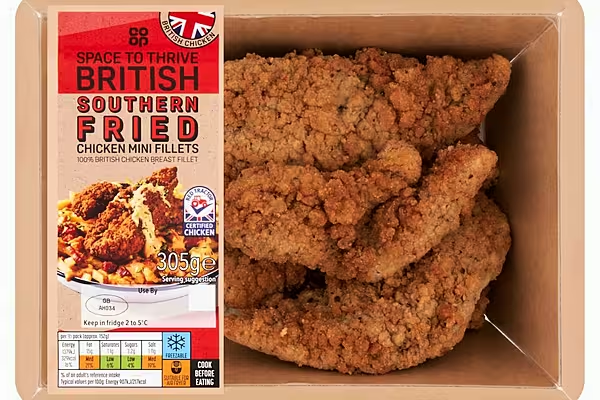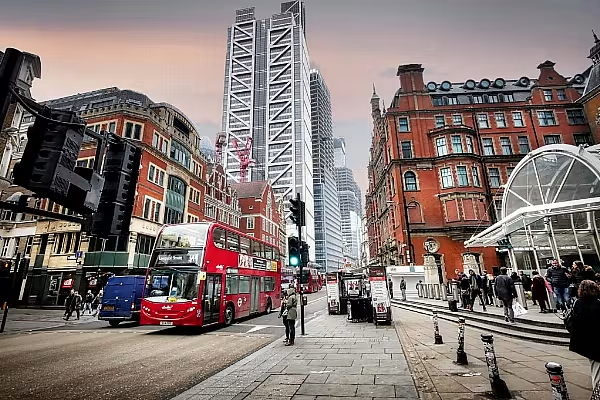Along with the U.K.’s political leaders, British business chiefs want Scotland to unite and move on after its historic rejection of independence. To make that happen, they’ll have to ease the anger of Scots like Steve Wares about how they tried to influence the result.
“I have a Bank of Scotland account, and I’m going to close it and find somewhere else to put my money,” the 47-year-old, self-employed Wares said in central Glasgow yesterday, wearing a Yes campaign windbreaker. “They’re dead to me.”
Bank of Scotland parent Lloyds Banking Group Plc, was one of a clutch of well-known British companies that surfaced last week to warn about the economic consequences of splitting with the U.K., after a poll showed a lead for the Yes camp. That intervention by businesses from retailers John Lewis Partnership Plc and Wal-Mart Stores Inc.’s Asda to oil company BP Plc and manufacturer Weir Group Plc may have helped swing the result against independence.
The post-vote message from victorious business leaders is one of trying to repair divisions in a country where 45 percent of people voted to leave the U.K. “From a business perspective, it is important we now concentrate on long-term stability for Scotland within the U.K., so that we can continue to prosper together,” Weir chief executive officer Keith Cochrane said.
Yet speaking to people on the streets of Glasgow, where 57 per cent of inhabitants wanted an end to the 307-year-old union with England, shows how much Cochrane and his fellow CEOs need to do to repair relations with many of their countrymen.
Pension Worry
“There was massive scaremongering and business helped with that,” said Daniel Kelly, a 19-year-old student at the University of Glasgow who gathered with Saltire flag-waving friends in the city’s George Square yesterday. “People really believed this stuff. My grandparents were worried about pensions, prices, the whole lot.”
Liz Cameron, chief executive of the Scottish Chambers of Commerce, said this week that the referendum “must not become defined in terms of winners and losers. We will not benefit as a nation if almost half of our people do not feel part of the future that we have determined for ourselves.”
Achieving that will not be straightforward, according to John Cridland, director general of the Confederation of British Industry, a business lobby group. “Such a difficult campaign inevitably leaves scars which will take time to heal,” he said.
‘Raw Reaction’
“What we’re seeing now is obviously a very raw reaction - it’s understandable, people are disappointed,” said Neil Saunders, managing director at consumer researcher Conlumino in London. “At the same time, while you may have some people who will continue to hold a grudge against these businesses, I think the majority of people will get over it in time.”
Retailers that spoke out about the negative economic consequences of independence may be more exposed to consumer recriminations, though Robert Gregory, global research director at Planet Retail in London, said: “It’s all very raw at the moment but I don’t think there is going to be a long-term backlash.”
There could be attempts via social media sites such as Twitter to convince people not to shop at certain stores, Gregory added.
Back in Glasgow, Wares certainly gave little credence to the warnings about higher prices from British supermarkets that were issued as politicians fretted about a possible win by the Yes campaign. “If Asda raised prices in Scotland, what do you think would happen? People would just stop going to Asda. I don’t think Wal-Mart are stupid enough to do that.”
Bloomberg, edited by ESM














